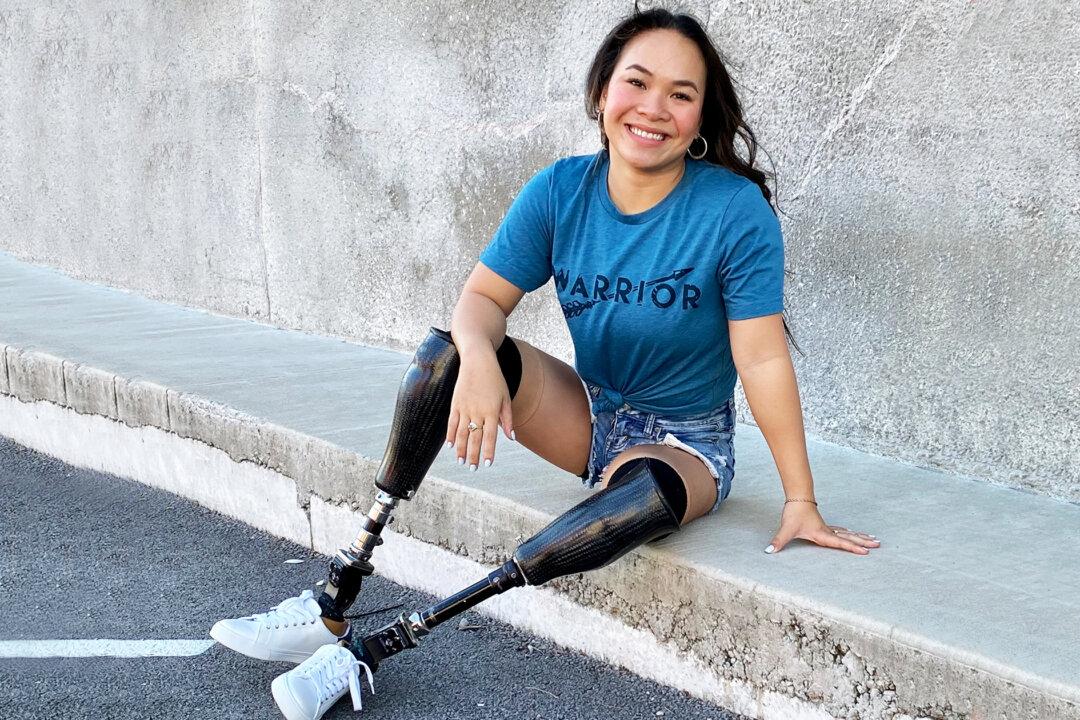Nearly 16 years ago, a baby girl survived an explosion when her impoverished birth parents detonated a bomb inside their home in Vietnam. She lived but lost her legs.
After being adopted by a loving family from the United States, Haven Faith Shepherd, an inspiring double-amputee swimming star in the making, has found ways to own her identity as a differently-abled person.





